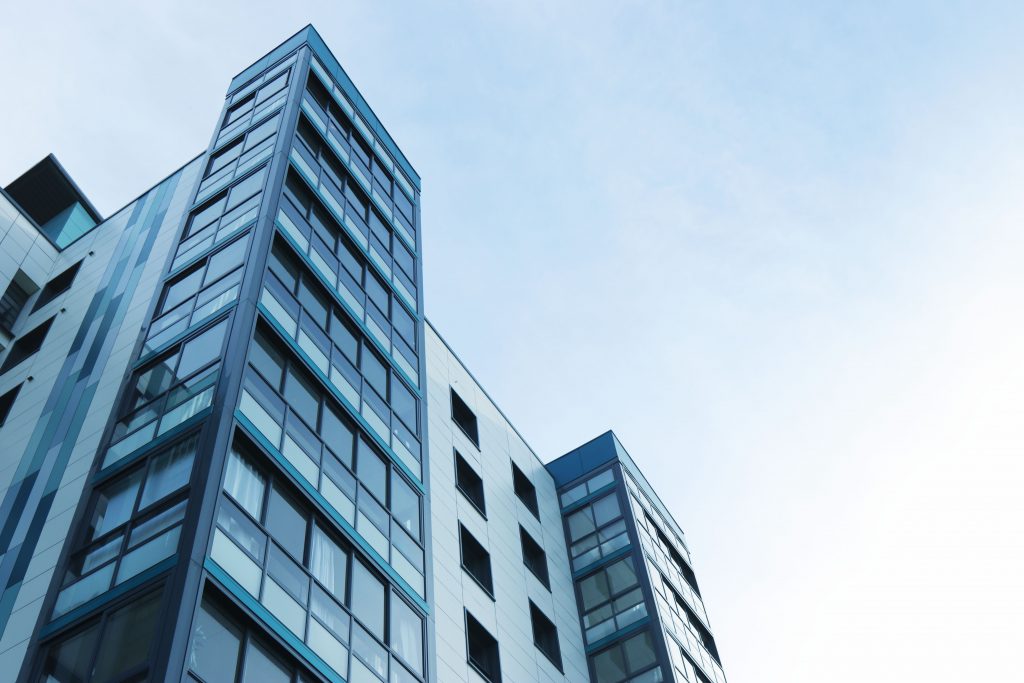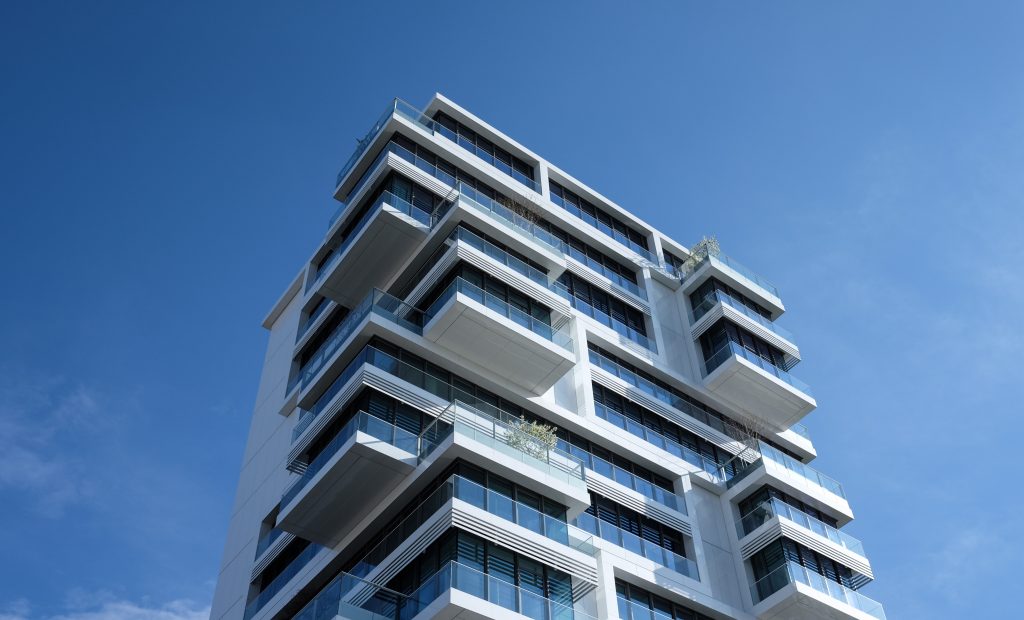Don't miss our holiday offer - 20% OFF!

Read also : Security and Privacy in Connected Parking Systems: Challenges and Solutions
Modern buildings today are becoming increasingly complex and technologically advanced. One crucial aspect of ensuring energy efficiency and occupant comfort is the HVAC (Heating, Ventilation, and Air Conditioning) system. However, one element that is often overlooked is humidity sensors. In this article, we will explain why humidity sensors are vital in improving HVAC performance and air quality in buildings.
Contents
Why Humidity Matters

Read also : Security and Preparedness Enhanced by Smart EWS Technology
Occupant Comfort
One of the primary reasons why humidity is crucial in buildings is occupant comfort. The right humidity level can make occupants feel comfortable inside the building, regardless of the weather outside. Low humidity can lead to dry skin, dry throats, and respiratory issues. On the other hand, high humidity can make indoor spaces feel damp and uncomfortable.
HVAC Performance
Humidity sensors play a crucial role in optimizing HVAC system performance. With accurate information about humidity levels inside a room, the HVAC system can be adjusted efficiently. For example, during humid summer months, the air conditioning system can work harder to remove excess moisture, while in the winter, the heating system can operate more efficiently by maintaining comfortable humidity levels.
Enhancing Air Quality

Read also : Security and Preparedness Enhanced by Smart EWS Technology
Preventing Mold and Bacteria Growth
Uncontrolled humidity levels can lead to mold and bacteria growth inside buildings. This can be a serious issue for indoor air quality. Humidity sensors can help identify and control humidity levels, preventing the growth of harmful microorganisms.
Reducing Health Risks
Excessively high humidity can increase the risk of allergies and respiratory illnesses. Proper humidity sensors can help avoid excessive moisture that could lead to health problems.
Conclusion

Read also : Behind the Scenes: Humidity Sensors in Efficient Smart Buildings
Humidity sensors are critical components in ensuring energy efficiency and good air quality in modern buildings. They play a vital role in maintaining occupant comfort, improving HVAC system performance, and reducing the risk of poor indoor air quality. Therefore, it’s essential to integrate the right humidity sensors into your building’s control system to reap maximum benefits. By doing so, you not only save energy but also enhance the quality of life for those inside the building.





